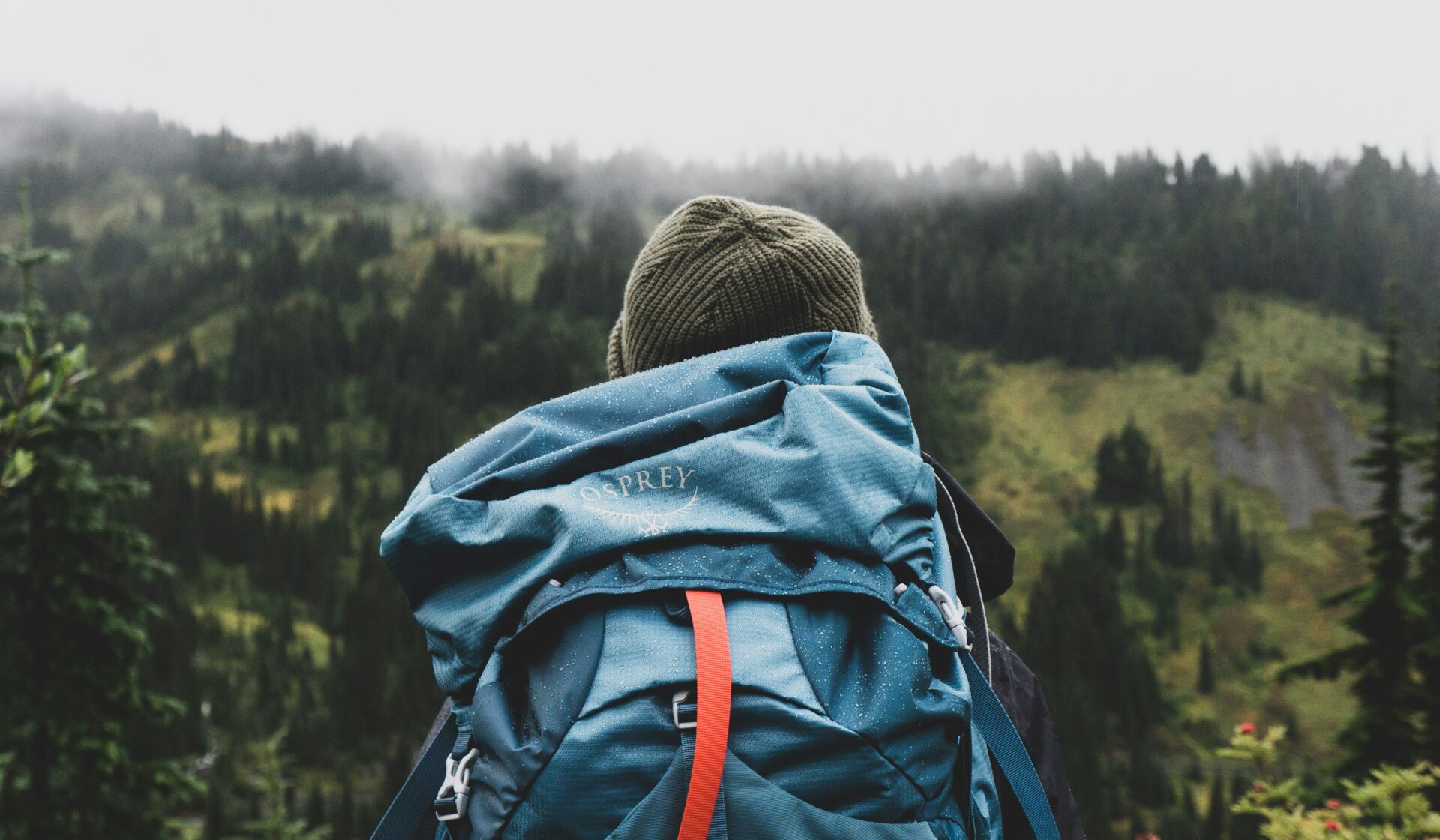Most commonly a pre-uni rite of passage for teens and people in their early 20s, putting everything on hold to travel the world is fast becoming a trend among older generations looking for a break from the relentless nature of life as a grown up.
Typically associated with the brink of adulthood, a gap year is a period of development for those with the time and resources to travel, volunteer, or simply rest before pursuing higher education or entering the workforce.
In some countries, it’s even considered a ‘rite of passage’ for teens and people in their early 20s who aren’t quite ready to exist in the real world yet and who need twelve months of wandering freely about the globe to feel prepared to do so.
Putting everything on hold in order to orchestrate a bout of introspective self-searching no longer pertains to the youth alone, however, with ‘adult gap years’ (additionally known as mini-sabbaticals) increasingly common among older generations looking for a break from the relentless nature of life as a grown up.
Escalating in popularity most significantly after the pandemic – which prompted many of us to question whether hustle culture does in fact suit us – the trend sees anyone who can’t be classed as Gen Z or Gen Alpha step away from the routine to recharge.
From quitting a job to taking leave to going remote in an unfamiliar environment to live a different lifestyle, adult gap years are wide-ranging – and widespread.
What they share is a desire for freedom, but beyond this are numerous benefits including space to reflect on the path that’s right for you as well as an opportunity to improve your mental health and overall wellbeing.
View this post on Instagram
After all, one of the primary drivers of this phenomenon is dealing with the burnout we’re experiencing more prevalently as a result of the pressures posed by climate change, inflation, and armed conflicts that only appear to be getting worse.
‘I wanted to know what it would feel like to just be without any worries, without feeling like I needed to check my email or that someone was going to call and want something from me,’ Amber J. Adams told Condé Nast Traveler in 2021.




















